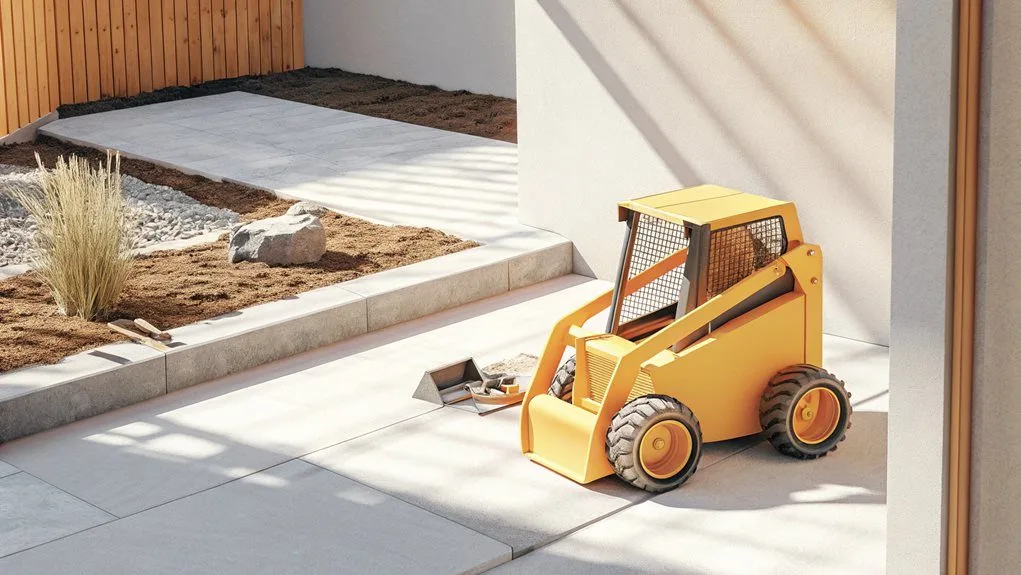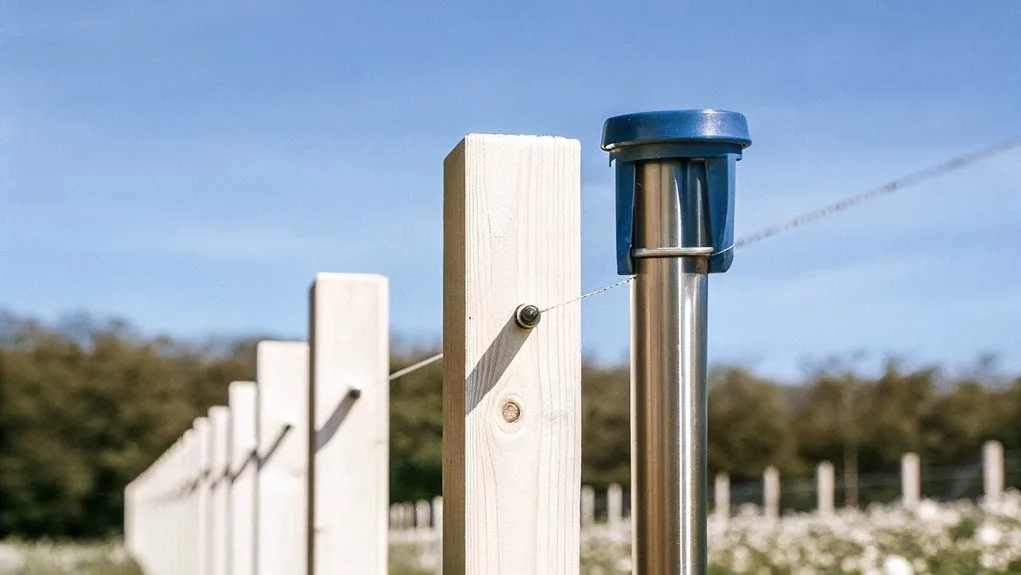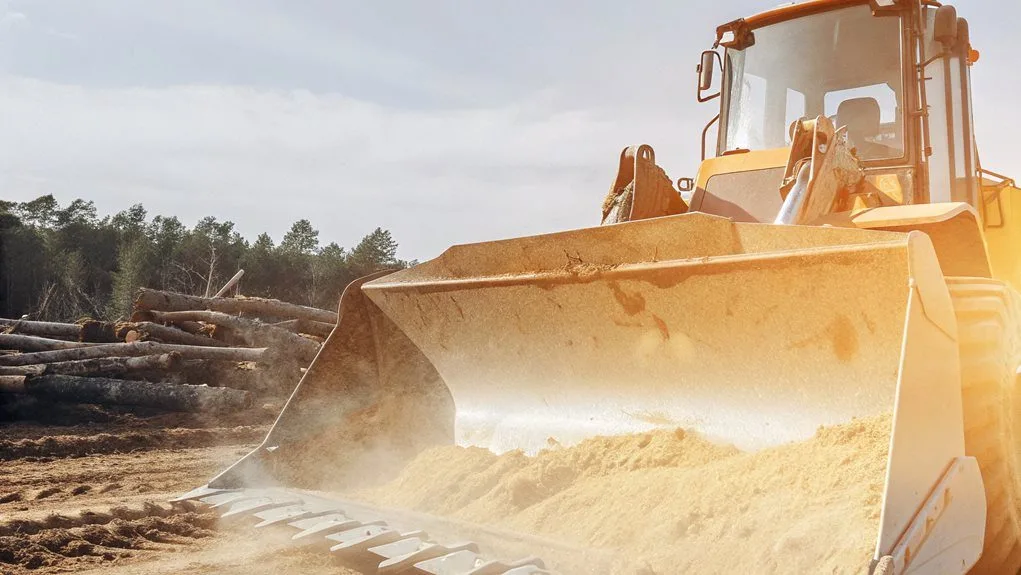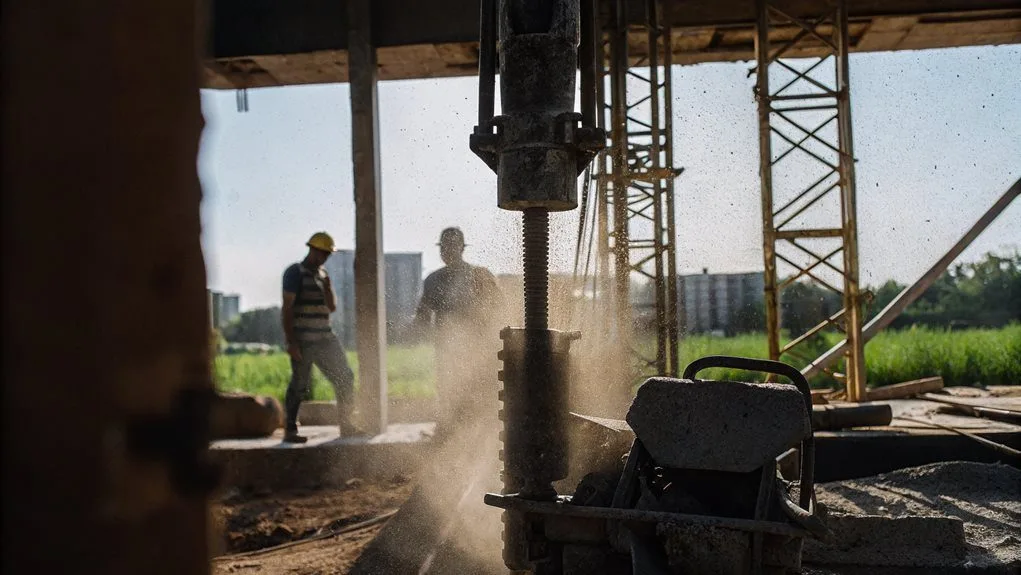Let’s talk about renting power tools and those pesky deposits. You know the drill—pun fully intended. You try to hire a tool for the weekend and suddenly you’re hit with a deposit that’s almost as much as the tool itself. But why do they do it? Is it just to annoy you, or is there actually a point to it? Turns out, those deposits aren’t just for show. They’re there to keep everyone honest and to make sure the tools don’t magically vanish or come back looking like they were run over by a herd of cows.
But here’s the rub: not all deposits are created equal. Different companies have their own rules, and sometimes it feels like you need a degree in advanced mathematics just to figure out what you’ll pay. If you don’t pay attention, you could end up out of pocket—and not in a good way. So, what can you do? Pay close attention to how deposits are calculated and managed, and you might save yourself a headache—or at least a few South African Rands.
Why Do They Even Want a Deposit?
Let’s be blunt. The deposit is there because—surprise—people sometimes wreck things or “forget” to bring them back. It’s like insurance, but with a lot less paperwork. If you break the tool or it walks off, that deposit covers the cost. So, you might think it’s just an extra fee, but really, it’s a trust exercise. Rental companies don’t want to chase you for money. They just want their tools back in one piece.
Usually, the amount you pay depends on what you’re borrowing. Is it a heavy-duty concrete mixer or just a simple drill? The bigger and shinier it is, the higher the deposit. No one’s trusting you with a fancy new generator for a pittance. So, if you’re looking to keep your deposit, treat that tool like it’s your own—or better than your own, if you’re anything like most people.
What Messes with the Deposit Amount?
So, what’s behind the magic number? Turns out, plenty. Companies set their own policies, and they don’t always make sense to anyone but them. The state of the tool, its age, how much it would cost to replace, and—get this—even your own track record all play a part. Are you known for late returns or “accidental” damage? Expect to pay more. If you’re hiring a pricey bit of kit, expect a bigger deposit. Simple, really, but somehow always a bit murky.
| Factor | What It Means for You |
|---|---|
| Company Rules | Past mishaps? Everyone pays more. |
| Tool’s Condition | Brand new? Bigger deposit. |
| Replacement Cost | Expensive toys cost more to insure. |
| Your Rental History | Angelic? You might get off lightly. |
Comparing Deposit Systems: The Good, the Bad, and the Just Plain Odd
If you’re shopping around, you’ll notice some companies just slap a flat fee on everything. Need a power saw? That’s R1,000, no matter what. Need a generator? Also R1,000. It’s not rocket science, but it doesn’t always match reality. Others get clever, charging a percentage of the tool’s value. That feels fair… until you realise the “value” is sometimes suspiciously high. And don’t forget: most places say the deposit is “refundable,” but that only happens if you bring the tool back looking the same as when you left. Best check the fine print if you want to see your Rands again.
- Fixed Deposit: Easy to remember. May not be fair.
- Percentage Deposit: Seems logical. Watch out for the “high-value” trick.
- Refundable (in theory): You get your money back—unless you don’t.
Getting Your Deposit Back (Or Not)
So, you’ve returned your tool, and now you’re waiting for your cash. Simple? Not always. Most companies want to give the tool a thorough look—did you treat it like gold, or does it look like it spent a week in a demolition derby? If there’s a scratch, expect a deduction. If it’s spotless, you’re in luck. Refunds usually happen quickly—unless they don’t, and you’re stuck waiting and wondering if your money’s ever coming back.
It’s not just a formality. The deposit is there as a big, blinking sign: “Don’t break our stuff.” You don’t want to lose your cash. They don’t want to replace the tool. Everybody wins—unless you forget, and then you’re buying them a brand-new one. Don’t say you weren’t warned.
How Not to Lose Your Deposit: A Survival Guide
If you want to walk away with all your Rands, do these things. First, get everything in writing—no “he said, she said” when it comes to money. Make sure you understand exactly what will cost you, and ask if anything’s unclear. Pay by secure methods, and keep your receipts. Don’t just toss paperwork in your glovebox. Actually read it.
- Get It in Writing: Contracts aren’t just for lawyers.
- Ask Questions: Even if you feel silly, better safe than sorry.
- Pay Safely: No one wants drama over dodgy payments.
What’s the Bottom Line?
If you don’t want to end up broke or bickering over a missing drill bit, pay attention. These deposits are here to stay, and if you don’t play by the rules, you’ll lose out. Know what you’re paying. Know how to get it back. And, just maybe, you’ll get through your next hire without feeling like the universe is out to get you.
Still scratching your head about power tool deposits? Visit Bendet Plant and let someone who actually understands this madness give you a hand. At least you’ll have someone to laugh with when things get weird. You’re not alone—tool hire confusion is basically a national pastime.
Want to know more about Breakdown & Towing, Tool Hire, or Plant Hire? Contact us—we promise not to put you on hold for an hour. Sometimes, the simplest questions are the best ones. Good luck out there!






